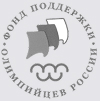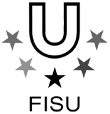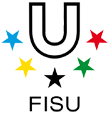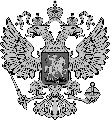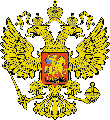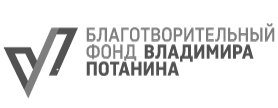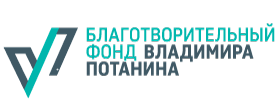Back to list Back to list
Conflict Management
Информация о программе
Полный текст описания
Full text
Objectives:
- To provide trainees with a clear picture of the processes involved in a conflict
- To improve confidence, competence, and flexibility in preventing and resolving conflict situations
Curriculum:
· Conflict diagnostics
- The definition of conflict; conflict signs and criteria; conflict and conflicting situations; types of conflicts, ‘structural' (built-in) conflicts
- Advantages and disadvantages of conflict; a controlled conflict and its potential
- Obvious and hidden causes of conflict; differences between causes of and pretexts for conflicts; diagnosing the causes of conflict; level of conflict: situation-trend-relationships
- Broadening the conflict perspective: a model for diagnosing the conflicting parties' motives
- Analysis of case studies and examples from participants
- Styles of behaviour in a conflict situation
- Pros and cons of behaviour styles; when to use which style; short- and long-term consequences; identifying your:
- Avoidance
- Accommodation (concession)
- Confrontation (rivalry)
- Compromise
- Cooperation: the win-win model
- Positional bargaining and working with participants' interests: comparable efficiency
- Analysis of participants' case studies and examples
- Pros and cons of behaviour styles; when to use which style; short- and long-term consequences; identifying your:
- Communication skills for resolving conflict situations
- Creating an atmosphere of security in conflict situations: how to converse with frustrated partners
- Confrontation without risk: how to express your view on the problem without losing contact
- Cooperative ways to resolve a conflict; motivation of the other party to find a solution; coordination of a joint plan and review of its implementation
- Mediation in a conflict
- Prevention of conflict; structural methods of conflict resolution
- Analysis of case studies and examples from participants
Формы
Education programme

























